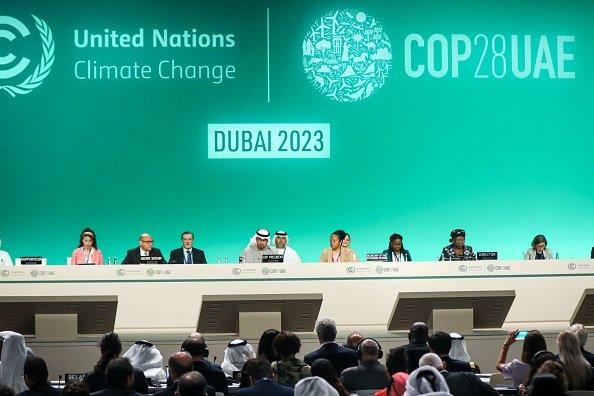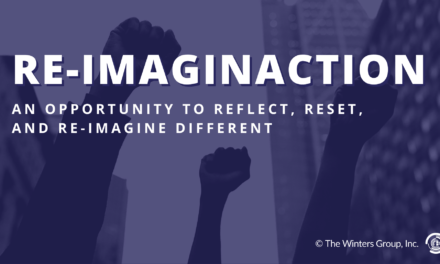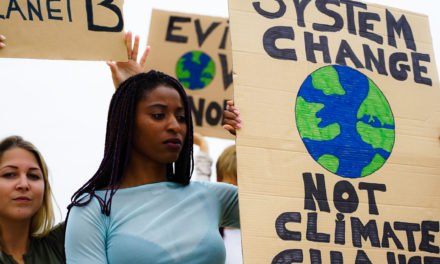
The term “climate change” has been in use for decades now. All sides of the aisle have moved beyond the question of “Does climate change exist?” to instead asking, “What is causing climate change?”, “What do we do about it?”, and “How can we combat it?” While these are some of the questions that pundits, politicians, and policymakers frequently ask, what they do not routinely talk about is the impact of climate change on smaller and less economically developed countries.
According to the World Bank, “Climate change leaves no person and no economy unscathed. It could drive 216 million people to migrate within their own countries by 2050.“ Unsurprisingly, many of these people live in communities on or around coastlines. Some of these impacted communities are in economically advanced nations that will be forced to pay a price for industrialization. Others are simply people who happened to be born on an island. Sure, you may hear about rising sea waters in China and the United States, the two main culprits in fossil fuel emissions, but how often do we stop to consider the fact that countries like Tuvalu and the Marshall Islands may simply cease to exist?
Given the fact that small island countries face a very real threat of extinction, one would think it would make the most sense for communities most impacted by climate change to have a major role in solving the problem. Sadly, this has historically not been the case. In 2023, the COP28 UN Climate Change Conference in Dubai presented another opportunity for nations to come together, meet, and release a statement reaffirming their desires to end global warming and halt the rise of sea levels worldwide. COP28 lived up to these expectations, and they did indeed release a statement. However, many of the countries most impacted by climate change were not even in the room when the final details of the COP28 climate deal were ratified.
Tina Stege, the climate envoy for the Marshall Islands to COP28 had this to say after a deal was reached: “We weren’t in the room when this decision was gavelled. And that is shocking to us.”
To add insult to injury, news soon came out that the host country, the United Arab Emirates, intended to use the summit as an opportunity to secure new oil contracts with different countries — a move in direct conflict with the spirit of COP28.
From an optics standpoint, COP28 was a failure. The summit laid bare the reality of the situation: Smaller and less economically developed nations are at the mercy of their more economically powerful neighbors’ decision-making. And, unfortunately, too many of them view climate change as either an opportunity to make money or an opportunity to flex diplomatic muscles and promote geopolitical goals. In this way, we have lost sight of the fact that we are combatting a largely human-made problem that has a dire impact on real people.
This doesn’t mean that all hope is lost and that we should simply give up. Even acknowledging the fact that these communities exist and are in danger is a step in the right direction. In fact, some countries are starting to stand up and recognize the plight of smaller nations. Countries like Canada, Japan, the United Kingdom, and the United States went on record saying that they would not sign onto an agreement that, in their own words, meant “death certificates” for smaller island nations.
One fact remains though: the countries who would have received these “death certificates” were not given the opportunity to speak for themselves. While it is admirable that economically powerful countries are speaking up about climate change, we need to lift up the voices of those who are most impacted as well. Not only do we need to let them speak, we also need to listen to what they have to say.
Because this is our chance.
We do not yet know how much of the climate crisis can be reversed, let alone halted. But we do know that this crisis is disproportionally impacting less economically developed nations. Hopefully future COP summits learn a lesson from COP28 — that you cannot have a truly global response to climate change without including ALL players, regardless of how small they are. If we cannot learn this lesson, then we will continue on a path towards extinction for entire human communities. An extinction that could have been avoided.


















